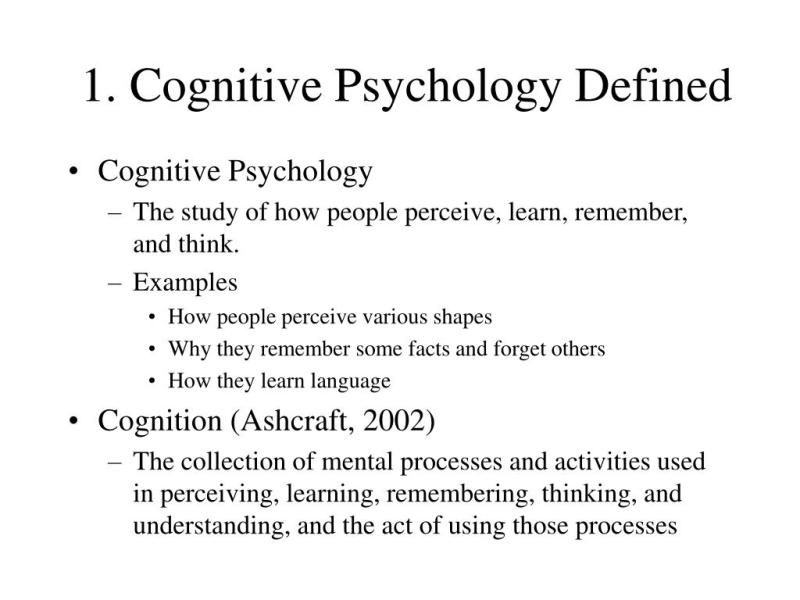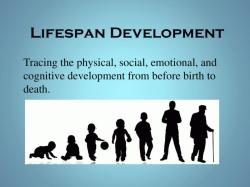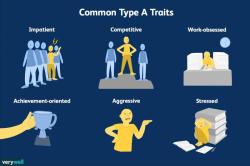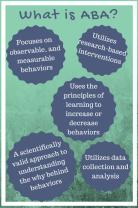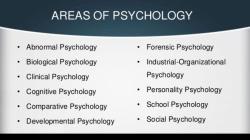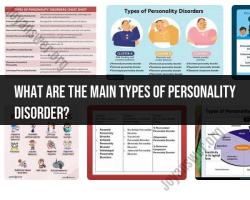What are the areas of cognitive psychology?
Cognitive psychology explores various aspects of mental processes and how humans acquire, process, store, and use information. Some key areas within cognitive psychology include:
Perception: Understanding how we perceive and interpret sensory information from the environment, including visual perception, auditory perception, and perception of other sensory stimuli.
Attention: Studying the mechanisms that control attention, selective focus, divided attention, and the ability to concentrate on specific stimuli while ignoring others.
Memory: Investigating the processes involved in encoding, storing, and retrieving information. This includes short-term memory, long-term memory, working memory, and the factors influencing memory performance.
Language: Exploring the cognitive processes involved in language acquisition, comprehension, production, and the neurological basis of language.
Thinking and Problem-Solving: Examining how people think, reason, solve problems, make decisions, and use mental representations and strategies to approach complex tasks.
Decision Making: Understanding the cognitive processes and biases involved in decision-making, including heuristics, rationality, and factors influencing choices.
Cognitive Development: Investigating how cognitive abilities change and develop over the lifespan, including childhood cognitive development and aging-related changes in cognition.
Cognitive Neuroscience: Exploring the neural mechanisms underlying cognitive processes, using techniques such as brain imaging (fMRI, EEG) to understand how the brain supports cognitive functions.
Emotion and Cognition: Examining the interaction between cognitive processes and emotions, how emotions influence cognitive functioning, and vice versa.
Artificial Intelligence and Cognition: Studying computational models of cognition and how machines simulate human cognitive processes to perform tasks like problem-solving, learning, and language understanding.
These areas intersect and overlap, contributing to a comprehensive understanding of human cognition and behavior. Cognitive psychology continues to evolve, integrating findings from various disciplines to deepen our understanding of mental processes.
1. Specific Domains of Cognitive Psychology
Cognitive psychology is a broad field that encompasses various aspects of human mental processes. It delves into how we perceive, learn, remember, think, solve problems, and use language. The specific domains within cognitive psychology include:
Perception: The study of how we interpret and organize sensory information from our environment, including vision, audition, touch, taste, and smell.
Attention: The process of selectively focusing on relevant information while filtering out distractions. It involves selective attention, divided attention, sustained attention, and shifting attention.
Memory: The ability to encode, store, and retrieve information. It includes short-term memory, long-term memory, working memory, episodic memory, and semantic memory.
Language: The human capacity for communication and the study of how we use language to convey meaning. It encompasses linguistics, psycholinguistics, and neurolinguistics.
Thinking and Problem-Solving: The mental processes involved in reasoning, decision-making, and problem-solving. It includes concept formation, categorization, analogy, and creativity.
Learning: The acquisition of new knowledge and skills. It involves different learning theories, such as classical conditioning, operant conditioning, and cognitive learning theory.
Motivation and Emotion: The study of the factors that drive our behavior and influence our emotional experiences. It explores the interplay between motivation, emotions, and cognition.
Consciousness: The state of being aware of oneself and one's surroundings. It encompasses various theories of consciousness and its relationship to cognition.
2. Subdivisions and Categorizations in Cognitive Psychology
Cognitive psychology is often subdivided into different areas of study based on specific cognitive functions or processes. These subdivisions include:
Cognitive neuroscience: The study of the neural basis of cognition, investigating how cognitive functions are mediated by brain structures and processes.
Cognitive development: The study of how cognitive abilities develop across the lifespan, from infancy to old age.
Cognitive psychopathology: The study of how cognitive impairments contribute to mental disorders.
Cognitive ergonomics: The application of cognitive psychology principles to improve human-computer interaction and design.
Cognitive education: The application of cognitive psychology findings to enhance teaching and learning practices.
3. Interdisciplinary Intersections of Cognitive Psychology
Cognitive psychology intersects with various other fields, creating interdisciplinary collaborations and research. These intersections include:
Cognitive neuroscience: Cognitive psychology and neuroscience work together to understand the neural mechanisms underlying cognition.
Cognitive linguistics: Cognitive psychology and linguistics explore the relationship between language and cognition, examining how language structures and processes influence our thoughts.
Cognitive anthropology: Cognitive psychology and anthropology investigate the cultural variations in cognitive processes and how cultural factors influence thinking and behavior.
Cognitive robotics: Cognitive psychology and robotics collaborate to develop artificial intelligence systems that mimic human cognitive capabilities.
Cognitive psychology and artificial intelligence: Cognitive psychology and AI research aim to understand human intelligence and develop AI systems that can perform cognitive tasks.
These interdisciplinary intersections demonstrate the breadth and significance of cognitive psychology, as it contributes to various fields and expands our understanding of the human mind.
